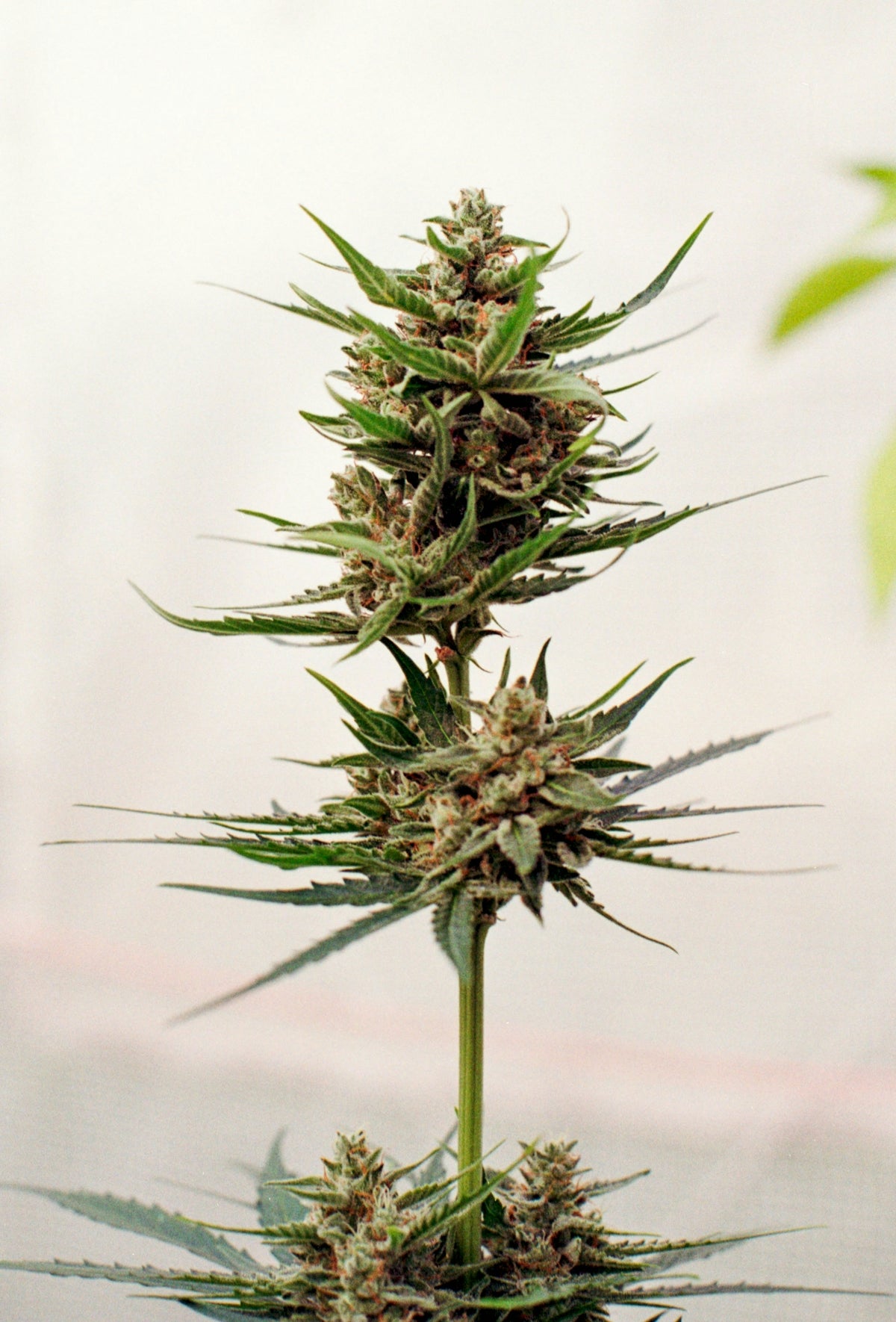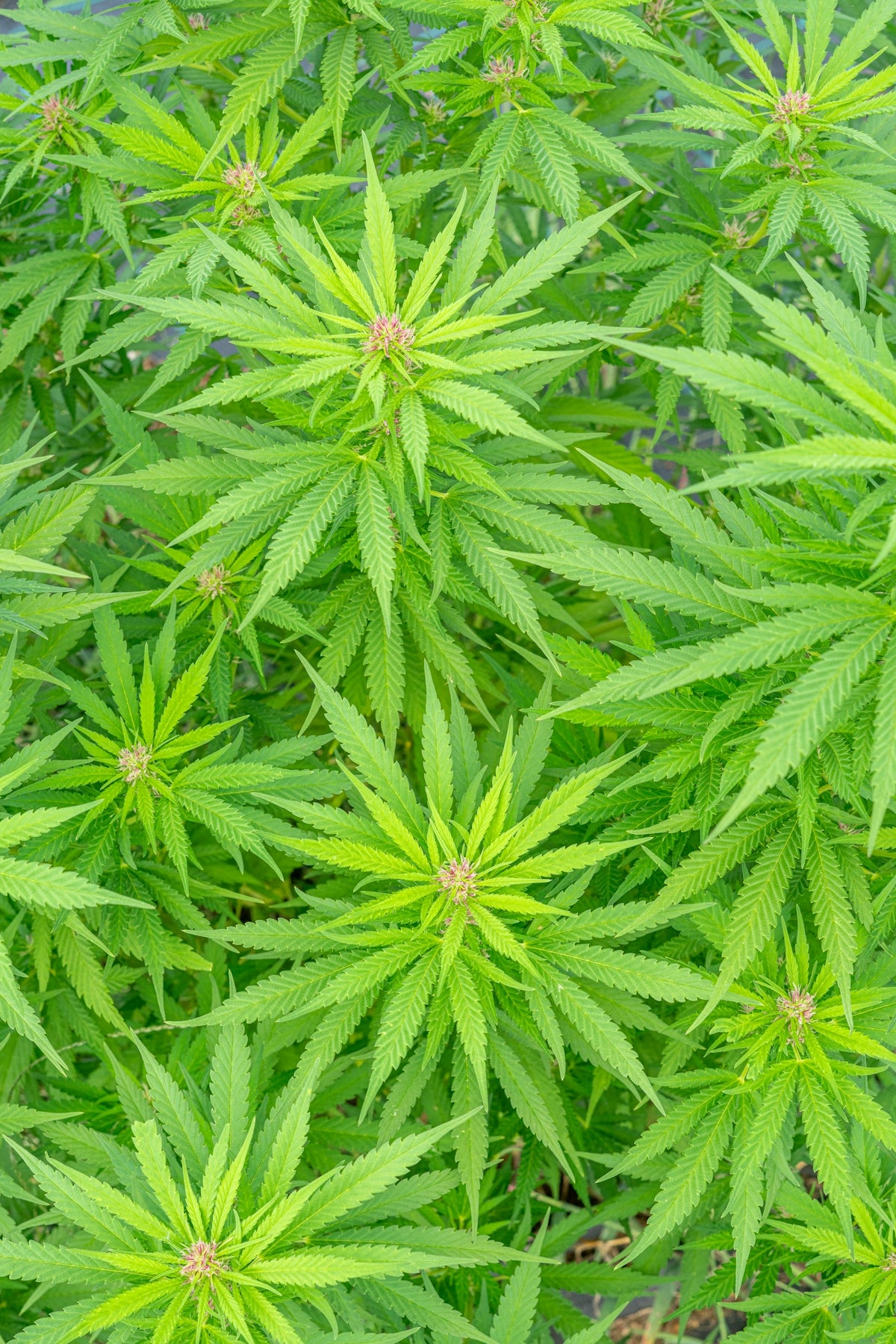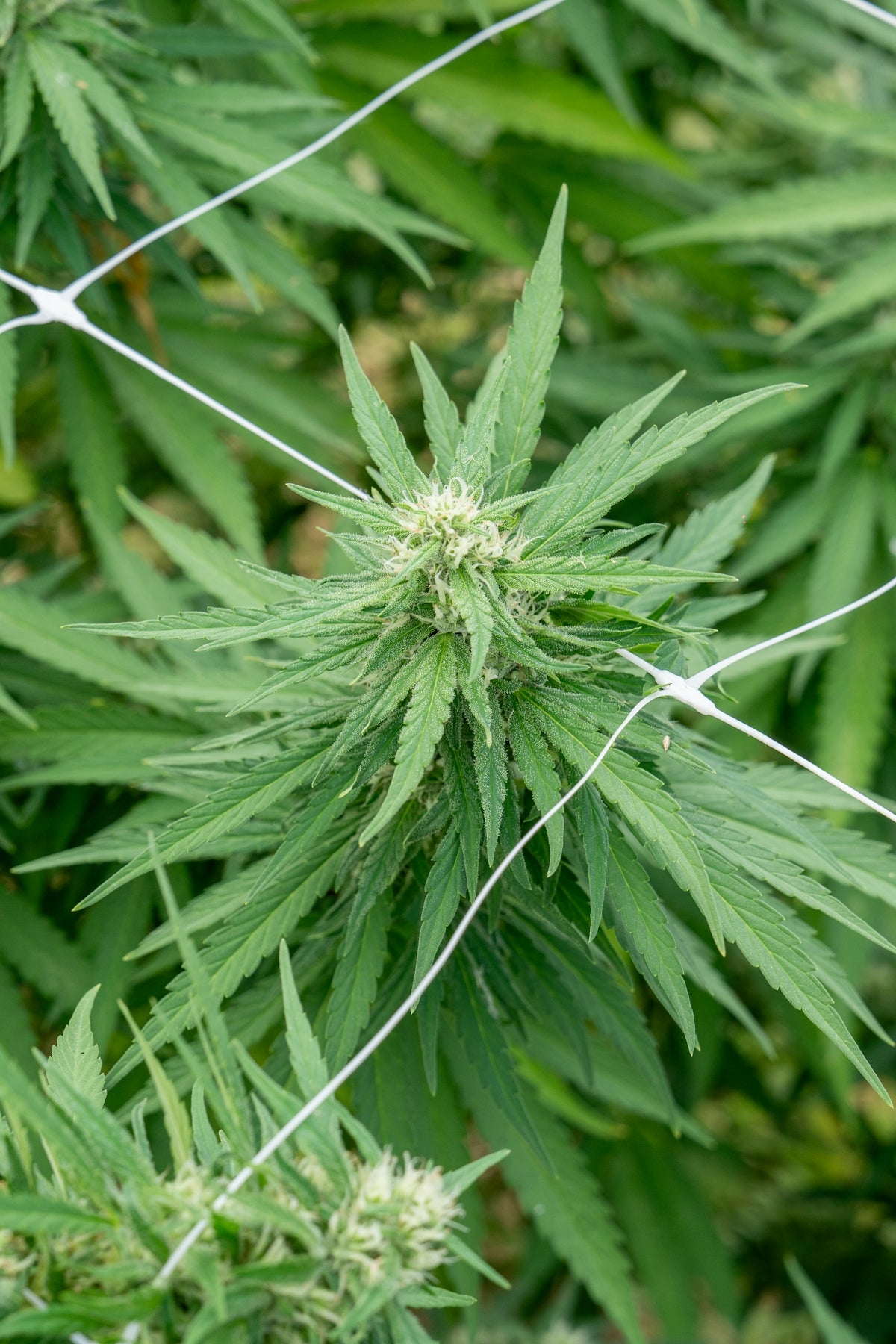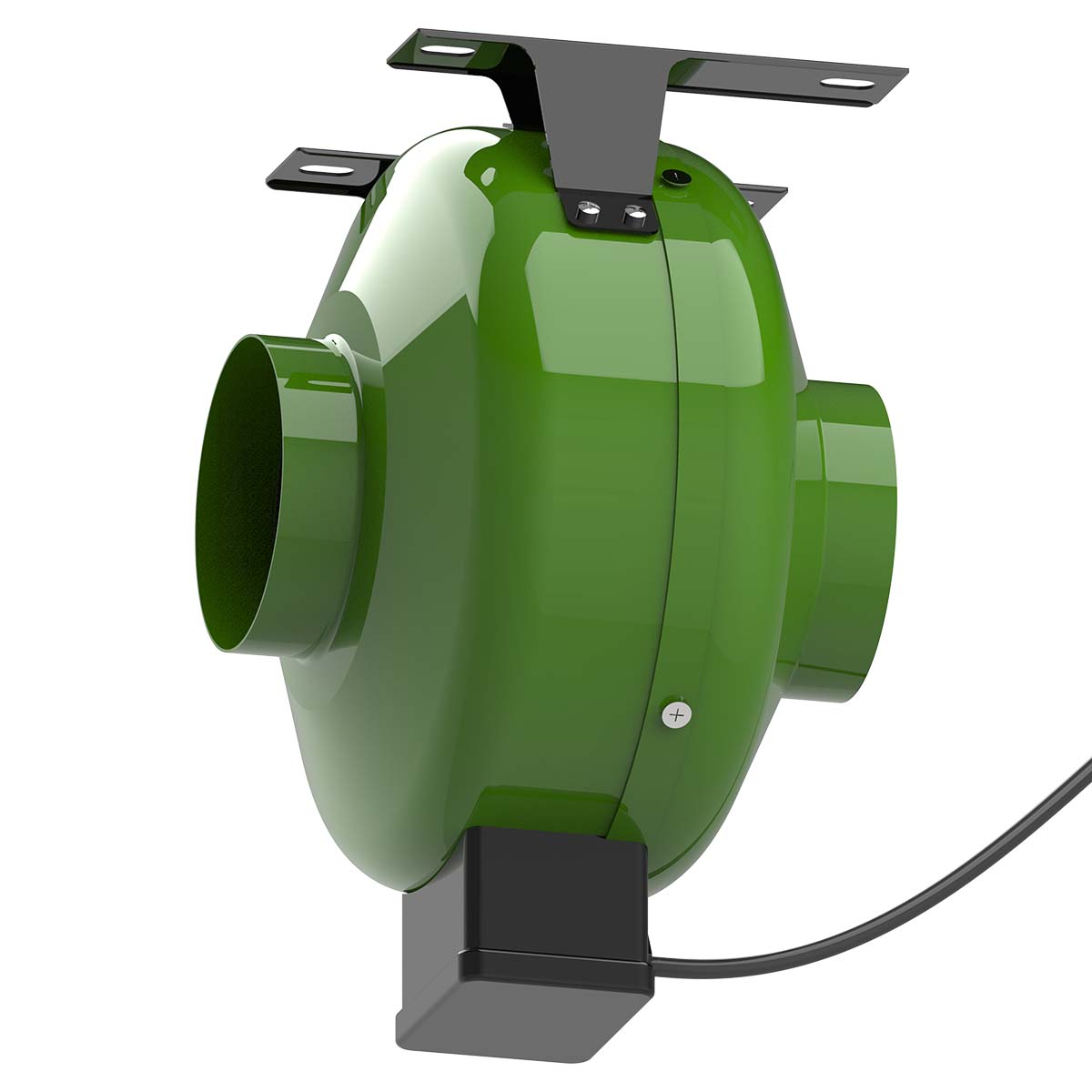FloraFlex Media
Cannabis and the Endocannabinoid System: Unlocking the Mechanisms of Action
Cannabis, a plant known for its medicinal and recreational properties, has been used for centuries by different cultures around the world. However, it wasn't until the late 20th century that scientists discovered the endocannabinoid system (ECS) in the human body, shedding light on the mechanisms of action through which cannabis interacts with our physiology.
Hemp Crop Rotation: Maximizing Yield and Soil Health
Crop rotation is an age-old agricultural practice that involves growing different crops in a specific sequence on the same piece of land. This practice offers numerous benefits, including maximizing yield, improving soil health, and reducing pest and disease pressure. In recent years, hemp has gained popularity as a versatile and valuable crop, and incorporating it into a crop rotation system can provide significant advantages.
Cannabis Grinders: Finding the Perfect Grinder for Your Herb
Are you a cannabis enthusiast looking to enhance your smoking experience? One essential tool you should consider adding to your collection is a high-quality cannabis grinder. Cannabis grinders are designed to break down your herb into finer particles, making it easier to roll joints, pack bowls, and enjoy the full flavors and aromas of your favorite strains.
Customizing Your Smoking Experience: Personalized Accessories and Modifications
Smoking enthusiasts often seek ways to enhance their smoking experience and make it unique to their preferences. Customizing smoking accessories and making modifications can provide a personalized touch that elevates the enjoyment of smoking.
Hemp Fiber Extraction: Techniques and Applications
Hemp fiber has gained significant attention in various industries due to its strength, versatility, and sustainability. Extracting hemp fiber involves specific techniques to separate the valuable fibers from the rest of the plant material.
Effective Irrigation Strategies for Hemp Plants
Irrigation plays a crucial role in the successful cultivation of hemp plants, ensuring proper growth, development, and yield. As hemp plants have unique water requirements, implementing effective irrigation strategies is essential for optimal crop health.
Hemp Farming Regulations and Licensing: Navigating Legal Requirements
Hemp farming has gained significant traction in recent years due to the increasing demand for hemp-derived products. However, to engage in hemp cultivation, farmers must navigate a complex web of regulations and obtain the necessary licenses to ensure compliance with legal requirements.
Hemp and Soil Health: Enhancing Biodiversity and Carbon Sequestration
Hemp cultivation offers not only economic opportunities but also environmental benefits, particularly in terms of soil health. Hemp's unique characteristics make it a valuable crop for enhancing biodiversity and promoting carbon sequestration in the soil.
Compliance and Legal Considerations in Hemp Farming
Hemp farming has gained significant attention due to the growing demand for hemp-derived products. However, it is essential for hemp farmers to navigate the complex landscape of compliance and legal regulations to ensure a successful and lawful operation.
The Role of Terpenes in Cannabis Products: Aromatic and Therapeutic
Terpenes, the aromatic compounds found in cannabis, play a significant role in the characteristics and effects of different cannabis strains. Beyond providing distinct smells and flavors, terpenes also contribute to the therapeutic potential of cannabis products.
Cannabis Propagation for Large-Scale Cultivation: Techniques and Considerations
Cannabis cultivation on a large scale requires efficient and effective propagation techniques to ensure a consistent and reliable supply of plants. From selecting the right genetics to implementing propagation methods, careful consideration and attention to detail are crucial.
Debunking Common Cannabis Myths: Separating Fact from Fiction
Cannabis, also known as marijuana, has been a topic of controversy and misinformation for many years. With changing attitudes and increasing legalization, it is essential to separate fact from fiction when it comes to cannabis.
The Role of Cannabinoids in Pain Management: Insights from Scientific Studies
Pain is a complex and pervasive condition that affects millions of people worldwide. While conventional treatments have provided relief for many individuals, there is growing interest in exploring alternative approaches, including the use of cannabinoids. Cannabinoids, the active compounds found in cannabis, have shown promise in pain management through their interaction with the body's endocannabinoid system.
Cannabis and Neurodegenerative Diseases: Emerging Research and Potential Therapies
Neurodegenerative diseases, such as Alzheimer's disease, Parkinson's disease, and multiple sclerosis, present significant challenges for patients and healthcare providers alike. In recent years, there has been increasing interest in exploring the potential role of cannabis in the management and treatment of these conditions.
Cannabis and Cardiovascular Health: Exploring the Research
Cannabis, a plant known for its psychoactive and medicinal properties, has gained significant attention in recent years. As its use becomes more widespread, understanding the potential effects of cannabis on cardiovascular health has become increasingly important.
Hemp Pest and Disease Management: Prevention and Treatment Options
Maintaining healthy hemp crops is essential for ensuring optimal yields and quality. However, pests and diseases can pose significant threats to hemp cultivation. Implementing effective pest and disease management strategies is crucial to protect hemp plants and maximize crop success.
Hemp Processing and Supply Chain: From Farm to Market
Hemp processing plays a vital role in transforming raw hemp materials into various market-ready products. From the initial stages of harvesting to the final distribution to consumers, the hemp supply chain encompasses several important steps.






